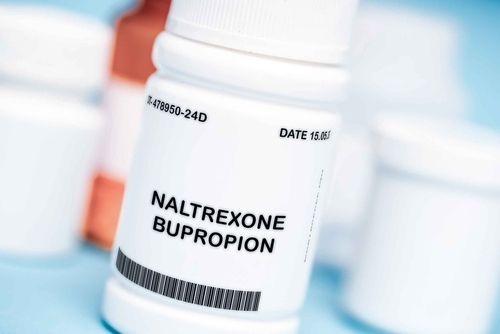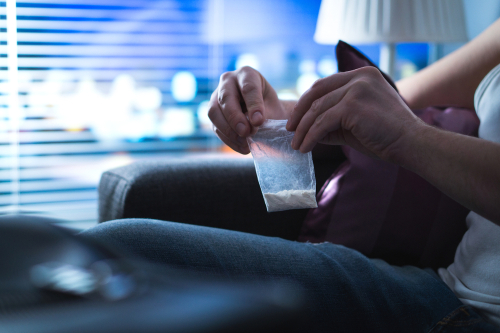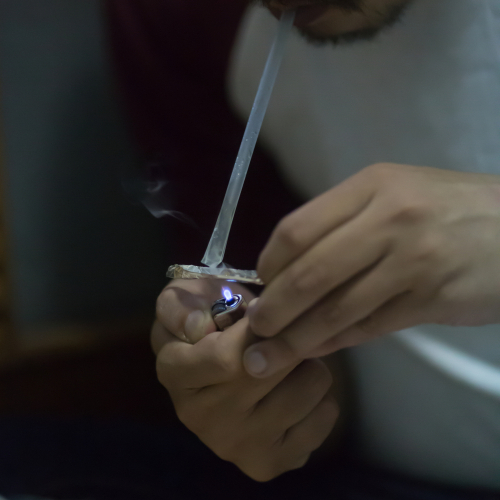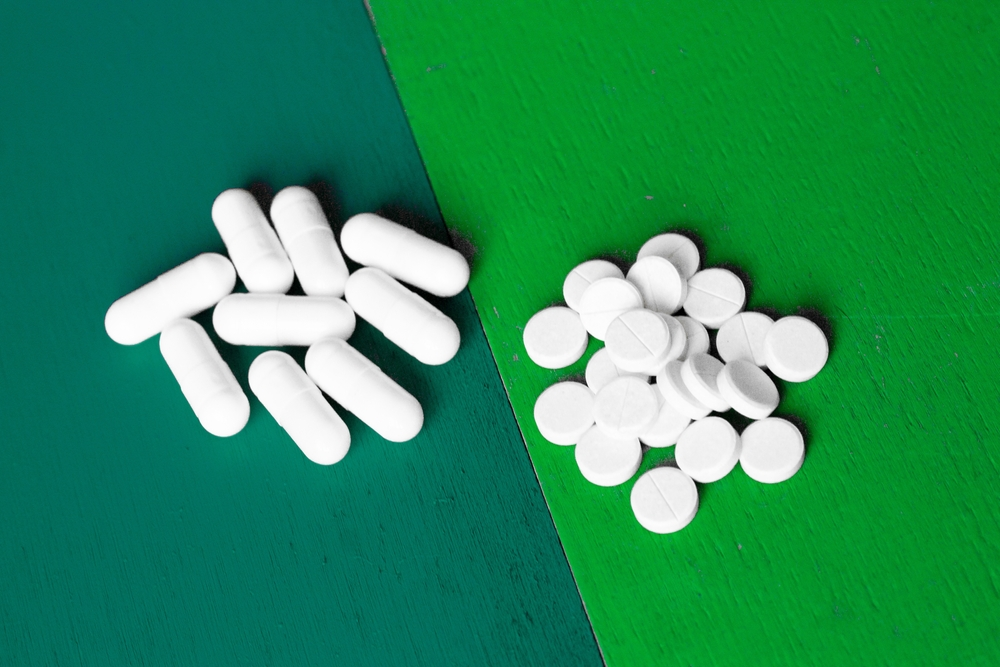As a stimulant, methamphetamine shoots up dopamine levels in the brain. Dopamine is a brain chemical associated with pleasure and reward. According to data from National Survey on Drug Abuse and Health (NSDUH), about 4.9% of Americans of ages 12 years and older reported using meth in their lifetime.
Meth use can cause severe addictions. It often creates an intense high that fades just as quickly as it arrives. This leads people to take multiple doses to remain in a high state. Many meth users are known to go on a meth binge, replacing eating or sleeping with continuous meth use to stay awake for multiple days.
The most common dangers of meth use include dangerously high body temperature, stroke, convulsions, heart attack, and death. Unfortunately, meth use treatments currently focus only on behavioral therapies that don’t bring much success. However, a recent study conducted about the therapeutic benefits of naltrexone and bupropion combination proved to be highly effective for meth use treatments.
What are Naltrexone And Bupropion?
Naltrexone is a form of medication that works as an opioid-receptor antagonist. By blocking opioid receptors in the human nervous system, naltrexone neutralizes the high or euphoria that opioid drugs cause.
The properties of naltrexone make this medication an effective form of treatment for both opioid use disorder and meth addiction. Naltrexone is produced by the brand Alkermes. The same brand also creates an injectable form of naltrexone called Vivitrol.
Bupropion – also called Wellbutrin – is a medication used to treat severe smoking habits and depression. The atypical antidepressant medication helps alleviate severe feelings of distress and dysphoria.

How Does Naltrexone And Bupropion Help With Meth Use Disorders?
Although methamphetamine (meth) does not directly activate opioid receptors, naltrexone, an opioid antagonist, has demonstrated the ability to help with meth withdrawal symptoms. Naltrexone functions by blocking the activity of opioid receptors in the brain, particularly those involved in reward pathways. This mechanism significantly contributes to reducing cravings associated with severe meth addiction.
When individuals attempt to overcome meth use disorder, they often experience withdrawal symptoms, including profound mental distress. By combining naltrexone with bupropion, the intensity of these uncomfortable symptoms can be substantially diminished.
It is worth noting that the naltrexone and bupropion combination has also been employed to manage food cravings in medical weight loss programs and aid individuals in recovering from severe obesity.
Read more: What Are Meth Sores?

What Studies Show
To prove the efficiency of naltrexone and bupropion, a double-blind study funded by the National Institutes of Health (NIH) was published in January 2021. The findings revealed that 13.6% of patients saw positive results when they used a combination of naltrexone and bupropion during the trial. This result also proved significantly higher than the 2.5% response among those in the placebo group.
The study unfolded between 2017 and 2019 across several community treatment programs in the U.S. A total of 403 volunteers took part, intending to erase their use of meth use disorder. The disorder ranged from moderate to severe. The ages of volunteers were between 18 and 65 years.
Participants who received a combination of naltrexone and bupropion reported better improvements in their life experiences and lesser food craving than those placed in the placebo group. In addition, the naltrexone and bupropion group experienced only minor side effects throughout the study.
What The Results Tell Us (& Why They’re Important)
Meth use disorder comes with countless adverse and fatal risks. The users typically experience severe mental and physical distress. Prolonged meth use can cause severe addiction, psychosis, and repetitive minor activities. It can trigger changes in the brain’s function and structure.
Meth abuse can be deeply destructive to mental health. It can impact thinking and motor skills, increase distractibility, and trigger memory loss and mood disturbances. Meth addiction can lead to aggressive and destructive behavior, weight loss and malnutrition, severe skin and dental problems, and overdose death.
The extent of meth abuse across the United States is highly alarming. Despite this, very few meth-use treatments truly help and support individuals trying to recover from their addiction. Fortunately, the use of naltrexone and bupropion has proven to be highly effective in treating meth use disorder and was approved for use by the FDA (Food and Drug Administration). This allows many clinicians to use these medications off-label and help individuals progress in their healing journey.

Contact MD Home Detox
If you or a loved one is struggling with a methamphetamine use disorder, contact M.D. Home Detox. Our at-home detox programs can help you overcome the initial stages of addiction treatment and safely withdraw from methamphetamine. Our detox programs are convenient, confidential, and tailored to your specific needs. Once you finish detox, our treatment team can direct you to additional services through our clinical partnerships with treatment centers and housing programs.

